As a founder of an early-stage start-up in the UK, you may be wondering if you really need human resources support when it’s just you or a handful of employees. Handling basic hiring, payroll, and people management duties on your own seems easy enough at first. But there comes a time when self-management reaches its limits. This post covers when start-ups should consider hiring their first HR professional and the key reasons why start-up founders need experts to build their people foundation.
When Self-Management Reaches Limits
Initially, founders can get by handling basic HR tasks like recruiting and paying staff themselves. But over time as your start-up grows, you’ll find yourself getting overloaded juggling people management while simultaneously trying to build and scale the business.
Here are some signs it’s time for startups to get some HR support: you’re struggling with unclear roles and responsibilities, performance problems emerge with no constructive process to address them, lack of people policies and training start causing issues, and employment law questions arise that you don’t know how to answer properly.
Bringing on an HR professional allows founders to reprioritize their time and energy on core business objectives to drive growth rather than getting bogged down in people problems.
Reasons your Startup Need Professional HR
Hiring experienced HR personnel provides several key benefits for UK startups:
- Navigating UK employment laws like the Equality Act, National Minimum Wage Act to avoid costly tribunal claims.
- Building an inclusive, engaging culture that retains top talent within the competitive UK startup ecosystem.
- Constructively handling performance management issues and terminations while minimizing legal risks.
- Developing competitive pay philosophy and benefit offerings within UK startup budget constraints.
- Providing managers and employees with trusted HR guidance attuned to UK workforce cultural norms.
Key Considerations on Timing
In the UK startup environment, a common rule of thumb is to hire dedicated HR support once you reach around 10-15 employees. But also factor in your projected growth trajectories. If you anticipate rapid scaling or big funding rounds ahead, it’s wise to get ahead on HR even earlier.
Your UK startup’s current funding stage can also determine the budget you have available for an HR professional. Bootstrapping startups may need to start with part-time or outsourced help. Whereas those who have raised substantial Series A rounds can afford a full-time HR lead or team. Weigh these elements of timing and budget availability carefully.
Think through your upcoming business milestones and how HR can partner in achieving them – new product launches, international expansions, mergers and acquisitions. Will you require recruiting support to rapidly hire talent across multiple geographies? Or need help building an employer brand that resonates globally?
Analyse your employee demographics and projected headcount growth. At what point will you outgrow basic DIY people management? When will you hit employee thresholds that trigger additional UK employment compliance requirements?
While exact timing differs for each UK startup, the point is to stay ahead of your workforce needs. Continually evaluate when your in-house capabilities get overloaded. And proactively plan the HR roles, outsourcing, and tech needed to support the next phase of expansion.
The earlier you invest in building your people management foundation, the better. Hiring reactive to problems that have already emerged is too late. Strategically onboarding HR allows you to lay strong people practices while your startup is still small. Then you can focus on growth with the peace of mind your HR infrastructure will scale.
Choosing the Right Level
At first, a business local HR Assistant or Generalist may meet your needs cost-effectively. They can handle day-to-day HR operations like recruitment coordination, onboarding, payroll, and employee relations issues.
As you grow, consider an HR Manager or Director who has deep expertise in UK employment laws and startup people practices. They can strategically align HR initiatives to your business goals.
Also factor in the specific HR capabilities you need most right now – recruiting, engagement, culture building, compliance. And look ahead at what you will need over the next 1-2 years of scaling up.
Leveraging HR outsourcing or PEOs can provide more budget-friendly interim support if you aren’t ready for a full-time HR hire. They offer breadth of HR services while you remain the employer of record.
For many start-ups, a blended model works well – a core in-house HR lead paired with outsourced specialty support like recruiting, payroll, or employment law advice. Think through the mix that fits your budget and gets you the expertise your start-up needs today as well as tomorrow.
The key is choosing HR support tailored to your strategic business goals and people priorities at each stage of growth. Envision what combination of HR roles, outsourcing, and technology will empower your managers and employees as your team expands.
Conclusion
To sum up, know when to stop DIY-ing HR as a founder. The earlier you invest in building your people management foundation, the better. View professional HR not just as an expense but as an investment in your startup’s success. With the right HR partner tailored to your UK startup’s needs, you can focus on growth with the peace of mind your people practices are legally compliant, ethical and shaping an engaging culture. If it’s time to hire your first HR pro, don’t delay – they can help steer your startup safely through the people challenges at every stage of scaling up.

